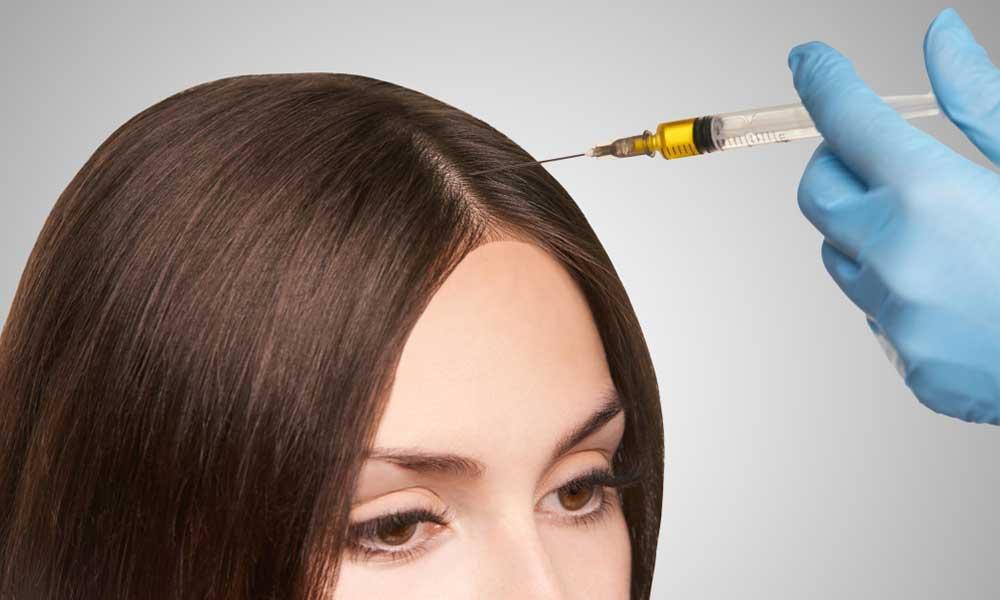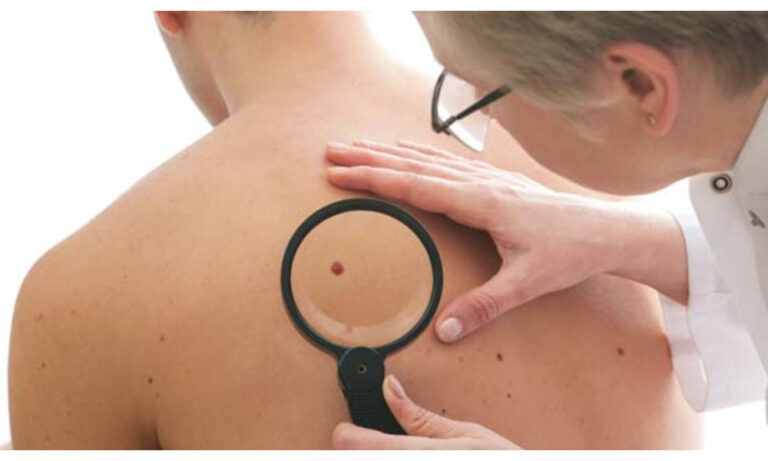
Hair loss is a common concern affecting many individuals, impacting self-esteem and confidence. Understanding the causes and exploring effective hair loss treatments in Singapore can help regain hair vitality and boost confidence. This comprehensive guide delves into various non-surgical treatments available and provides tips for prevention.
Understanding Hair Loss
Hair loss, or alopecia, can occur due to several reasons, including genetics, hormonal changes, medical conditions, and lifestyle factors. Each cause requires a tailored approach to treatment.
Causes of Hair Loss
Genetic Factors
Genetic hair loss, also known as androgenetic alopecia, is the most common form of hair loss. It affects both men and women and is characterized by a gradual thinning of the hair. In men, this often leads to a receding hairline and bald spots, while women typically experience thinning at the crown of the head.
Hormonal Changes
Hormonal fluctuations can significantly impact hair health. Conditions such as pregnancy, menopause, thyroid imbalances, and polycystic ovary syndrome (PCOS) can lead to hair loss. These hormonal changes disrupt the hair growth cycle, leading to increased shedding and thinning.
Medical Conditions
Certain medical conditions can contribute to hair loss. These include autoimmune diseases like alopecia areata, scalp infections, and dermatological conditions such as psoriasis and seborrheic dermatitis. Effective management of these conditions is crucial to prevent further hair loss.
Lifestyle Factors
Lifestyle choices play a significant role in hair health. Stress, poor nutrition, and harmful hair care practices can lead to hair thinning and loss. High-stress levels can trigger a condition known as telogen effluvium, where hair follicles enter the resting phase prematurely, causing increased shedding.
Effective Hair Loss Treatments in Singapore
Exploring non-surgical hair loss treatments in Singapore can offer significant benefits. These treatments focus on stimulating hair growth and improving hair health without invasive procedures.
Topical Treatments
Topical treatments are a popular choice for managing hair loss. Minoxidil, an over-the-counter medication, is applied directly to the scalp to stimulate hair growth. It is available in various strengths and formulations to suit different needs. Consistent use of minoxidil can slow down hair loss and promote regrowth in affected areas.
Low-Level Laser Therapy (LLLT)
Low-Level Laser Therapy (LLLT) is a non-invasive treatment that uses red light to stimulate hair follicles and encourage growth. LLLT can be performed at clinics or at home using portable devices. This treatment increases blood flow to the scalp, delivering essential nutrients to the hair follicles, thereby promoting healthier hair growth.
Platelet-Rich Plasma (PRP) Therapy
Platelet-Rich Plasma (PRP) therapy involves using a patient’s blood to extract growth factors that are then injected into the scalp. These growth factors stimulate hair follicles, promoting regrowth and improving hair density. PRP therapy is a natural and effective option for individuals experiencing thinning hair.
Fotona Hair Growth Laser Treatment
Fotona hair growth laser treatment is an advanced laser therapy designed to stimulate hair follicles and promote hair regrowth. This treatment utilizes the Fotona laser system, which delivers precise wavelengths of light to penetrate the scalp, enhancing blood circulation and encouraging hair follicle activity. Fotona hair growth treatment is non-invasive and has shown promising results in improving hair density and thickness.
Nutritional Supplements
Nutritional deficiencies can contribute to hair loss. Supplements rich in vitamins and minerals, such as biotin, zinc, and iron, can support hair health. Ensuring a balanced diet and considering supplements can help address deficiencies and promote stronger, healthier hair.
Scalp Micropigmentation (SMP)
Scalp Micropigmentation (SMP) is a cosmetic treatment that involves injecting pigment into the scalp to create the appearance of fuller hair. This treatment is particularly effective for individuals with thinning hair or bald patches. SMP can give the illusion of a closely shaved head or add density to thinning areas, enhancing overall hair appearance.
Preventing Hair Loss
Preventing hair loss involves adopting healthy hair care practices and addressing underlying causes. Here are some tips to help maintain healthy hair:
Manage Stress
Chronic stress can contribute to hair loss. Practicing stress management techniques such as yoga, meditation, and regular exercise can help reduce stress levels and promote hair health.
Maintain a Balanced Diet
A diet rich in vitamins and minerals is essential for healthy hair. Include foods high in biotin, zinc, iron, and vitamins A, C, and E in your diet. Foods such as eggs, nuts, leafy greens, and fish can provide the necessary nutrients for strong hair.
Gentle Hair Care Practices
Avoid harsh hair treatments and excessive styling. Use gentle, sulfate-free shampoos and conditioners, and minimize the use of heat styling tools. Protect your hair from environmental damage by wearing hats or using protective products.
Regular Scalp Care
Maintaining a healthy scalp is crucial for hair growth. Regularly exfoliate your scalp to remove dead skin cells and promote better blood circulation. Massaging the scalp with essential oils such as rosemary or peppermint oil can also stimulate hair follicles and encourage growth.
Regular Check-Ups
Regular medical check-ups can help identify underlying health conditions that may contribute to hair loss. Addressing these conditions promptly can prevent further hair loss and promote overall hair health.
Conclusion
Effective hair loss treatments in Singapore offer a range of non-surgical options to help individuals regain their confidence and improve hair health. Understanding the causes of hair loss and exploring treatments such as topical solutions, laser therapy, PRP, and nutritional supplements can provide significant benefits. Adopting preventive measures and maintaining a healthy lifestyle are essential for sustaining hair vitality. With the right approach and consistent care, achieving and maintaining healthy, vibrant hair is within reach.




